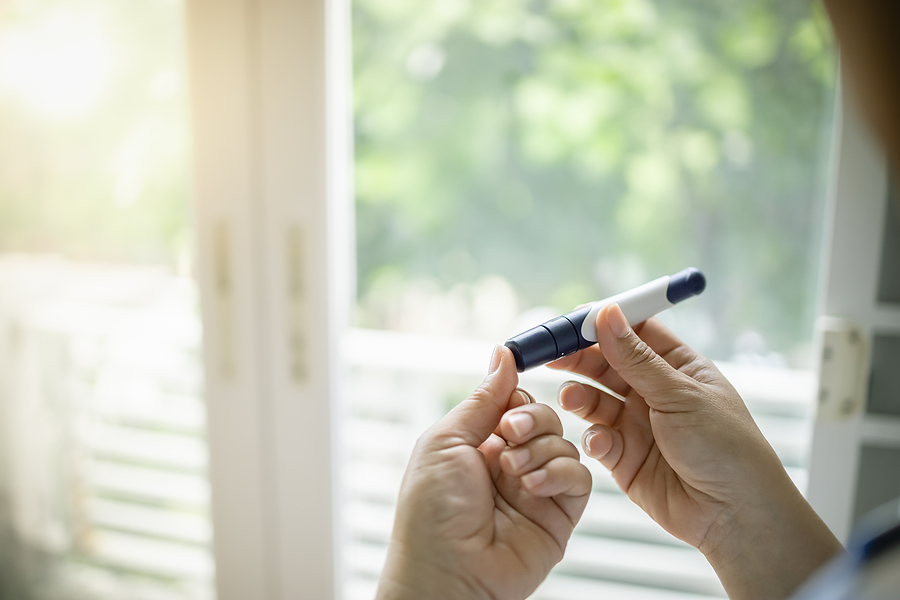Hepatitis B Vaccination
The Hepatitis B vaccination consists of 3-4 injections during a 2-6 month timeframe, but this can be speeded up to 3 weeks with a booster jab one year following. Be sure to get vaccinated at least 4 to 6 weeks before travelling to ensure immunity.
When to get vaccinated
Book your final immunisation at least 4 to 6 weeks before your trip. If you have less time, it is advisable to get vaccinated as soon as possible.
How it is given
The vaccine is administered as an injection, usually to the upper arm.
Children
The vaccine is suitable from birth.
Risks if you contract Hepatitis B
Hepatitis B is a viral infection that affects the liver and can cause both acute and chronic diseases. Symptoms can include fatigue, fever, nausea, abdominal pain, dark urine, pale stools, joint pain, or jaundice. Chronic cases can lead to swelling, easy bleeding or bruising, and even confusion, leading to liver failure or death.
Course
Adults receive three to four doses, given within two to six months. Alternatively, a faster programme can be given within 3 weeks with a fourth dose in the 12th month.
Side effects
Side effects can include pain where the injection was administered, tiredness, headaches, nausea, stomach ache, or a high temperature in the short term. Severe side effects are rare.
Additional precautions
Once vaccinated, it is still important to ensure the use of condoms and avoid sharing personal items such as razors, toothbrushes, and needles.
Before the appointment
Check through the immunisation ingredients for potential allergic reactions and ensure you don’t have a high fever at the time of the injection.
What is Hepatitis B?
Hepatitis B is a viral infection that targets the liver, which could lead to chronic disease and liver complications. The virus is transmitted through contact with infectious body fluids, such as blood, semen, or vaginal fluid. Symptoms can range from mild flu-like symptoms to severe liver disorders, making prevention crucial, especially for travellers.
The World Health Organisation believes that approximately 254 million people in 2022 had chronic Hepatitis B and that a predicted 1.1 million deaths from Hepatitis B happened in 2022.
When travelling to destinations with a high prevalence of Hepatitis B, the risks significantly increase. Travellers may be exposed via unsafe healthcare practices, unsterilised medical equipment, or high-risk sexual behaviour. So, travellers need to vaccinate and conduct other preventive measures before embarking on their trip.
Research shows that 90% of adults and more than 98% of babies have good protection from the infection following an immunisation programme. It is also believed immunity could last up to 20-30 years (source: NHS).
The United Kingdom is classified as a low-risk area for Hepatitis B. The UK benefits from strict public health measures and vaccination programs that prevent the spread of infectious disease. The availability of safe medical practices and a well-structured blood donation system further diminish the likelihood of transmission.
